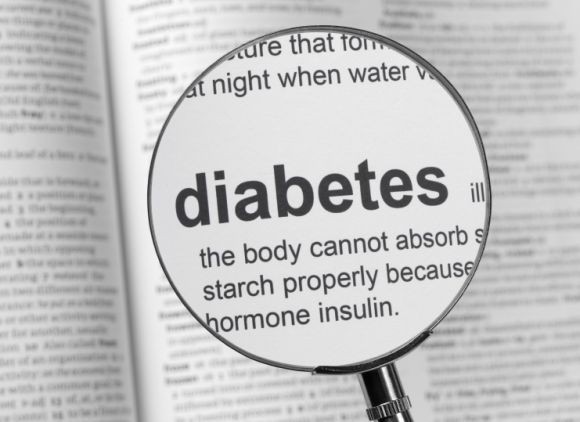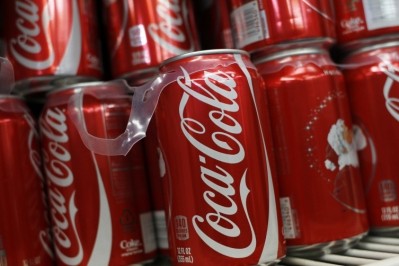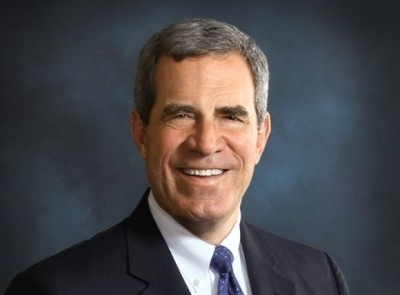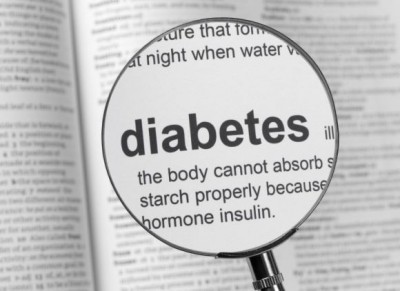Corn refiners: There is a ‘total lack of credible scientific evidence’ to support claims in lawsuit that HFCS is to blame for teen’s type 2 diabetes

In the complaint, filed on June 17th 2013 in the western district of New York by plaintiff S.F (mother of S.E.F. - a 14-year-old girl) S.F. alleged that corn refiners are selling a product they know to be “dangerous, life-threatening and a cause of type 2 diabetes”.
The plaintiff, who is seeking damages of $5m, claims that "HFCS is a toxin" and argues that "since 1970, coinciding with the advent and increasing and pervasive commercial use of HFCS, type 2 diabetes rates in the United States have skyrocketed."
She added: “As a direct and proximate result of the Defendants actions, the Infant Plaintiff, S.E.F., has sustained severe and serious permanent injuries including type 2 diabetes.”
Dr Lustig: HFCS was a significant factor in teenager’s type 2 diabetes
The defendants - ADM, Cargill, Ingredion, Tate & Lyle Ingredients Americas, and Roquette America - had a duty to warn consumers of the “latent dangers” arising from consuming HFCS “including development of type 2 diabetes”, she claimed.
In a proposed amended complaint, the plaintiff includes an affidavit from pediatric endocrinologist Dr Robert Lustig (who has built a media profile around the notion that sugar is toxic) who states:
“It is my opinion with reasonable medical and scientific certainty that the HFCS S.E.F. consumed over the course of her lifetime was a competent producing cause, that is, it was a significant factor, in causing and bringing about her disease, type 2 diabetes.”
Corn refiners: Complaint makes no mention of other risk factors for type 2 diabetes
However, in court documents filed on November 1 calling for the case to be thrown out, the defendants argue that the plaintiff has failed to provide any credible evidence that consuming HFCS was a significant factor in the teenager’s diabetes.
Indeed, the only thing that can be established from the complaint is that S.E.F. consumed some HFCS at some point, they added, noting that the complaint does not detail how much HFCS S.E.F. ate, what other sweeteners she ate, what her diet was like in general, how much exercise she did, how much she weighs, her genetics, family background, or any other risk factors for diabetes.
HFCS 42 and 55 are GRAS and may be used in food without limitation

Meanwhile, neither the plaintiff nor Dr Lustig had plausibly established “that the human body cares about the source of the fructose molecules it ingests”, added the defendants, pointing out that HFCS contains roughly the same amount of fructose as regular sugar (sucrose).
In his latest book, ‘Sugar has 56 Names’, added the corn refiners, Dr Lustig himself warned against allowing HFCS to “take the rap” for rising diabetes rates in the US, and observed that the “rest of the world just has sucrose – table sugar, cane sugar, beet sugar; you know, the white stuff you put in your coffee. And they have every bit as much diabetes...”
As for the suggestion that the HFCS suppliers should have warned consumers of the dangers of HFCS, “defendants cannot put warnings on the labels of other companies’ products, so they cannot be held liable for failing to do so”, they pointed out.
Finally, they added: “Federal law holds that HFCS 42 and 55 are Generally Recognized As Safe and may be used in food without limitation.”
Dr Lustig’s volte face

Commenting on the case, the Corn Refiners Association (CRA) said: ”Credible science shows that HFCS is nutritionally equivalent to sucrose (table sugar), a position that Dr. Lustig himself has advocated in his book ‘Fat Chance’ and in speeches and TV appearances prior to becoming involved with this lawsuit.”
Critics of HFCS claim that it increases fat levels in the liver and muscle tissue, increasing the risk of non-alcoholic fatty liver disease and contributing to insulin resistance, a key factor in the development of type 2 diabetes.
They also argue that while HFCS and sucrose each contain similar amounts of glucose and fructose, they are metabolized differently because the fructose and glucose in sucrose is joined by a covalent bond.
However, many studies supporting this hypothesis subjected volunteers to unrealistically high levels of fructose or had subjects consume fructose independent of glucose, which is not how fructose is consumed in the daily diet, claims the CRA.
Sucrose and HFCS metabolically equivalent, claims CRA
Meanwhile, the bond joining fructose and glucose in sucrose is broken by digestive enzymes as soon as sucrose hits the small intestine, which means sucrose is metabolized as free fructose and free glucose, exactly the same way that HFCS is, it claims.
As for the correlation between rising consumption of HFCS and rising rates of obesity/diabetes alleged in the lawsuit, intakes of HFCS have in fact declined in recent years while obesity and diabetes rates continued to rise, while obesity/diabetes is also a problem in countries such as the UK and Australia where little or no HFCS is consumed, says the CRA.










